How PostBank’s ZeroFlex digital account is redefining banking and financial inclusion
In the modern economy, the power to transact defines the power to participate. Yet for millions of Ugandans, especially in rural communities, this power has long been out of reach.
Walking miles to a branch, filling out endless forms, and paying prohibitive fees created invisible walls around formal banking.
Today, those walls are coming down. With the self-onboarding ZeroFlex digital account, PostBank Uganda, which is changing to Pearl Bank, is rewriting the rules of access, hence delivering banking that is not only affordable, but also instant, mobile, and borderless.
ZeroFlex is not just another bank account. It is redefining what access looks like in a country where distance, cost, and mistrust have long stood as barriers.
With ZeroFlex, all you need is your national ID, a smartphone, and a few minutes. Within five minutes, the account is active and ready for use. For those without smartphones, our country-wide agents can assist them in onboarding.
The account name “ZeroFlex” captures its spirit. The “zero” stands for zero account maintenance fees and zero charges when moving money between the account and mobile wallets such as Wendi.
It also means zero tolerance for exclusion. For ordinary Ugandans, this is not a small change. It means that the UGX 20,000 deposited into the account remains intact, without being chipped away by monthly deductions.
It means a small business owner in Gulu or a farmer in Mbarara can save their earnings, transfer money to a mobile wallet, and pay bills without feeling punished for being part of the banking system.
The impact of ZeroFlex has been immediate and impressive. Since its launch, ZeroFlex has attracted overwhelming interest from Ugandans, with 89 percent of its account holders being completely new to PostBank.
The majority of these customers are young, with nearly half between the ages of 30 and 39, followed by those aged 18 to 30.
This aligns with Uganda’s demographic reality, where over 75 percent of the population is under the age of 30. The product is finding traction in rural areas as much as in urban centers, breaking the stereotype that digital banking is only an urban luxury.
For many, ZeroFlex is more than convenience. Imagine a young trader in Lira city who no longer needs to keep large sums of cash on hand, or a boda boda rider in Masaka who can save small amounts daily without fearing deductions will swallow his balance.
Even Ugandans in the diaspora can open accounts remotely, connecting them seamlessly to the financial system back home.
Trust has long been a sticking point for banks, and it is a central part of ZeroFlex’s appeal.
Customers can see that their deposits are untouched by fees, and their accounts are secured with PINs, biometrics, and one-time passwords (OTPs). The money you deposit is the money you withdraw. That assurance is what draws in new customers.
Beyond its immediate features, ZeroFlex is also a doorway to future opportunities. Customers who transact regularly will, over time, qualify for digital loans, microinsurance, and other financial products.
PostBank envisions the account evolving into a platform for embedded finance, where services like insurance are bundled seamlessly with transactions, and credit is extended based on transaction history.
It is also a global shift in digital banking, where the account is no longer just a vault for money but a hub for financial empowerment.
Uganda’s progress in financial inclusion has been recognised at both the regional and international level.
A 2024 IMF country report commended Uganda for surpassing the EAC average by 20 percentage points, with 66 percent of adults having an account or using a mobile money service.
The Bank of Uganda has also urged financial institutions to embrace fintech innovation, emphasising partnerships between banks, mobile operators, and technology firms.
ZeroFlex is a timely response to this call, demonstrating how a bank can innovate boldly while staying rooted in the needs of ordinary citizens. Hence, enabling PostBank to fulfill its overarching purpose of fostering prosperity for Ugandans through digital financial inclusion, a key component of this realization.
In just over a year, the product has achieved exponential growth, attracting customers across regions, genders, and income brackets. Women are adopting it in almost equal numbers to men. Rural and urban uptake is nearly balanced.
And PostBank has already seen the account outperform some of its traditional offerings in terms of balances and activity.
ZeroFlex is rising beyond just being a financial product; it is a symbol of how Uganda’s banking sector is transforming to meet the realities of its people.
It is the promise of digital banking with speed, simplicity, and security while removing the silent penalties that once kept people away.
If Uganda is to achieve universal financial inclusion by 2028, as envisioned in the National Financial Inclusion Strategy, ZeroFlex is making that bold journey a reality.
ZeroFlex is proof that with the right mix of innovation and vision, PostBank can extend prosperity to millions who were once locked out.
For PostBank, success is no longer measured only in balance sheets but on the number of Ugandans brought into the fold of financial opportunity. And in that sense, ZeroFlex is already a national success story.
Share this content:
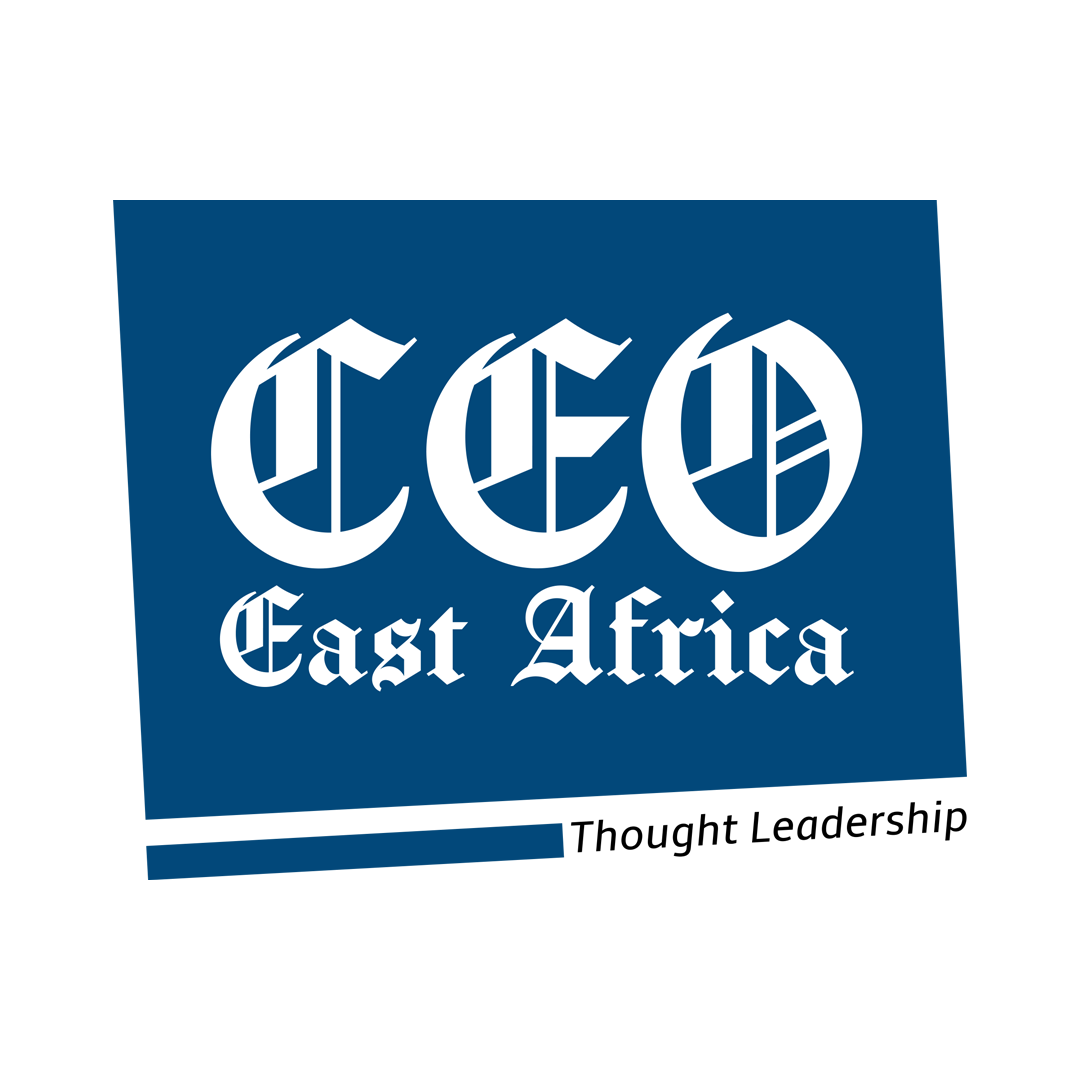
 dfcu Foundation Launches the FEAT Program to Empower Agribusinesses and Drive Inclusive Economic Growth in Uganda
dfcu Foundation Launches the FEAT Program to Empower Agribusinesses and Drive Inclusive Economic Growth in Uganda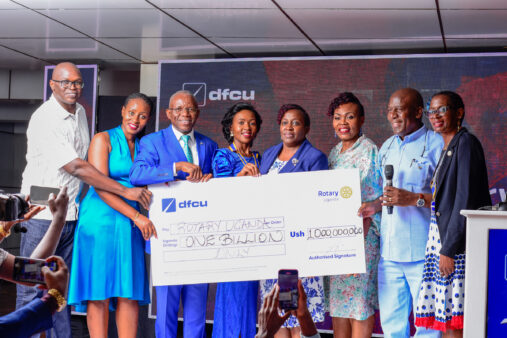
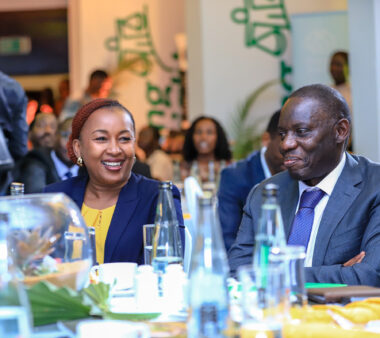
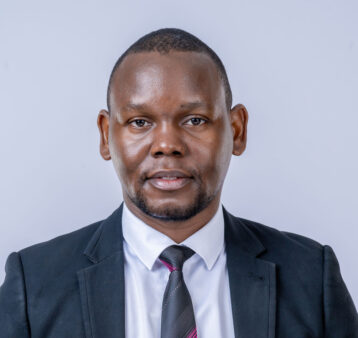
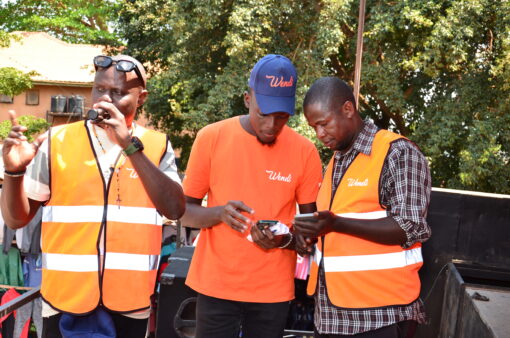




Post Comment